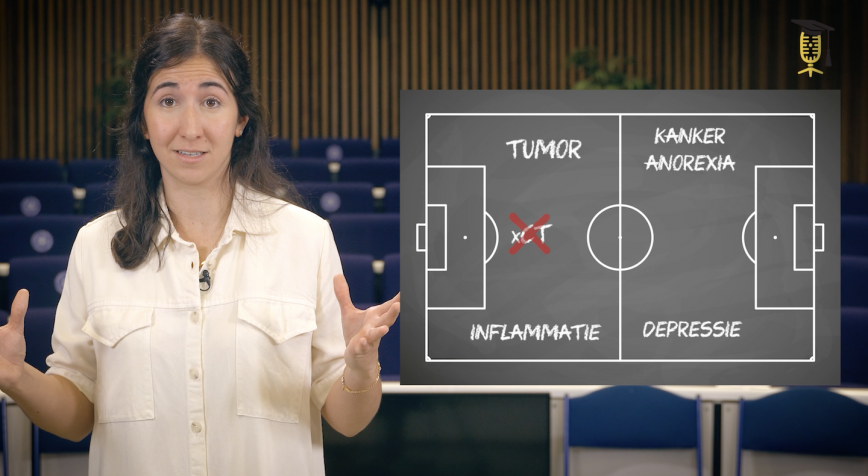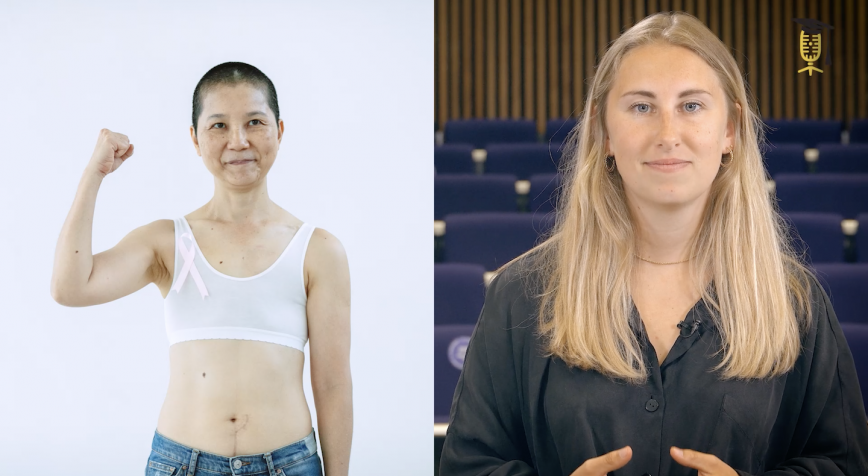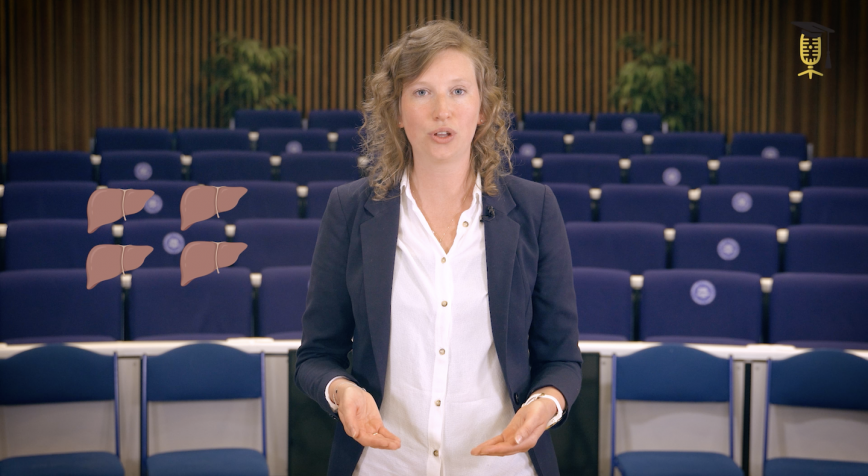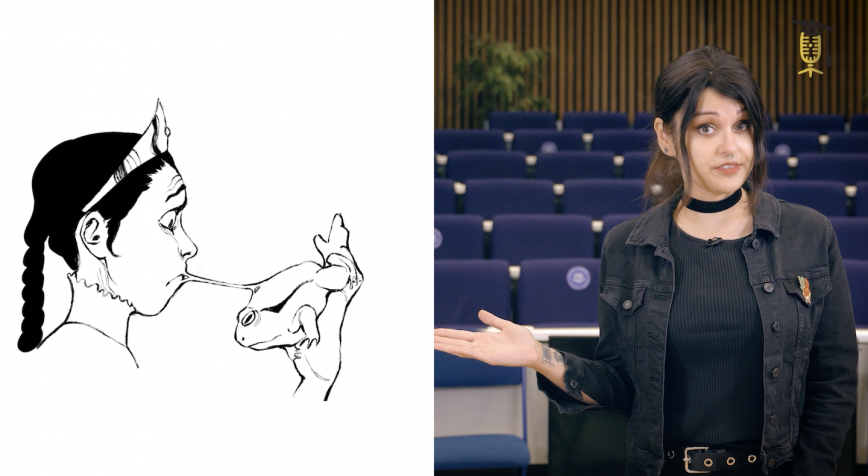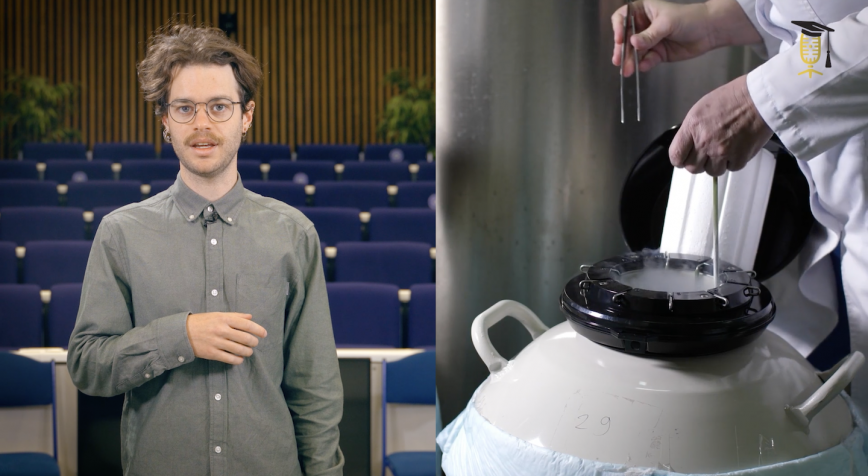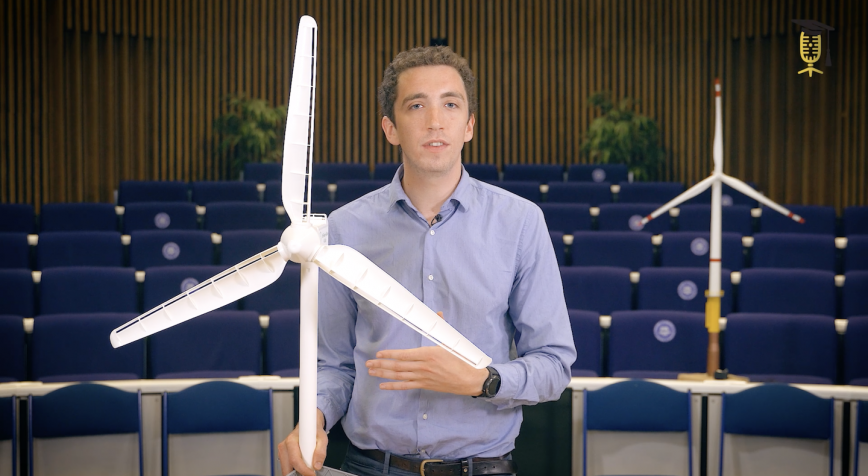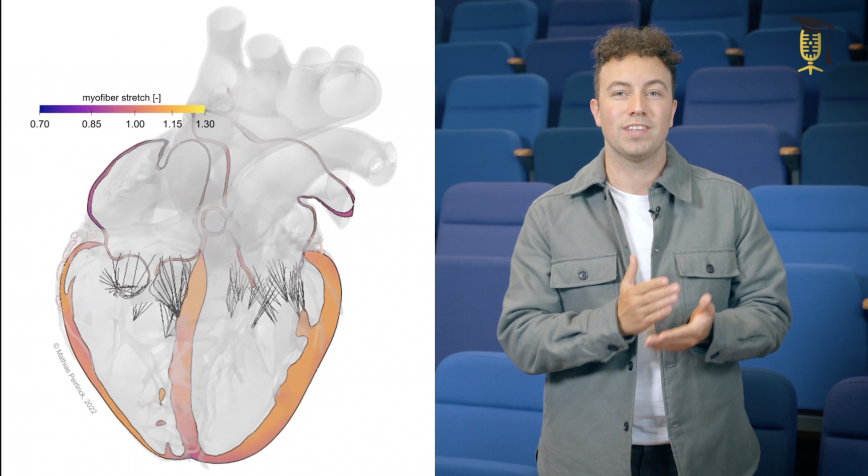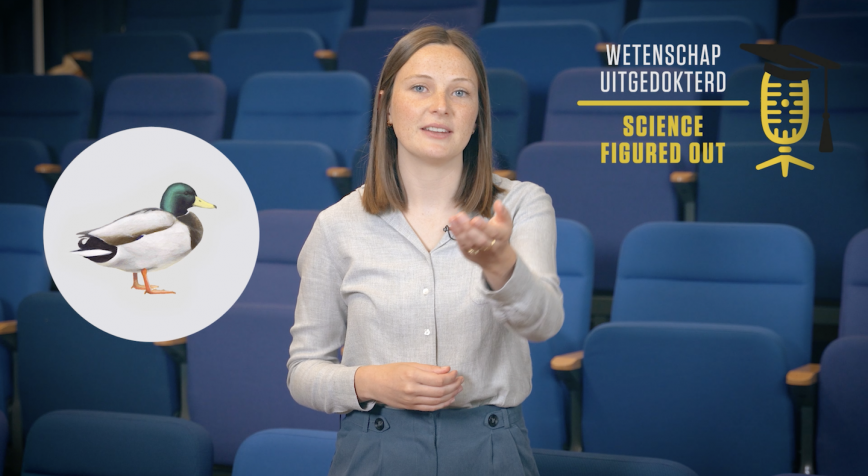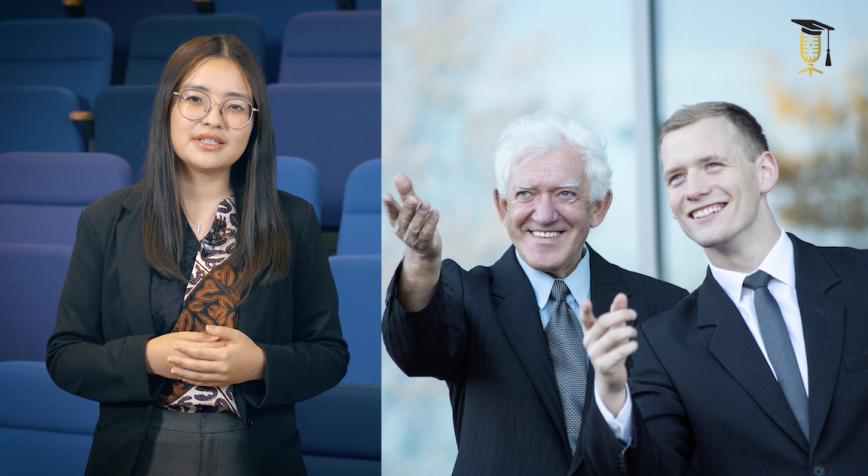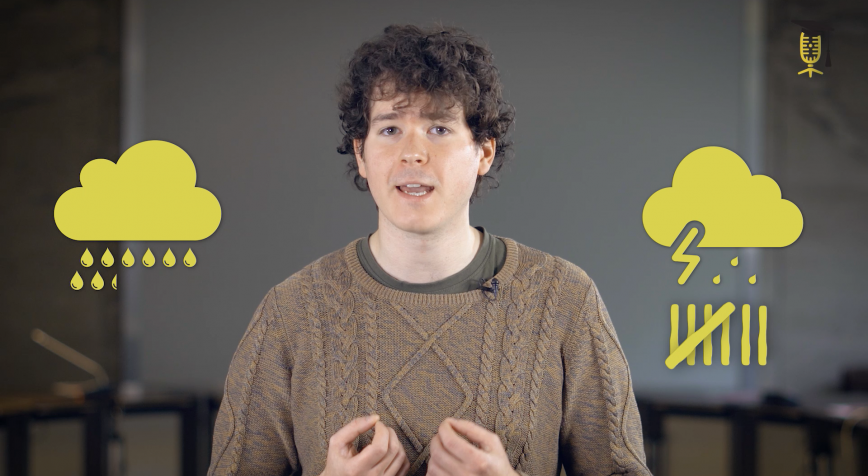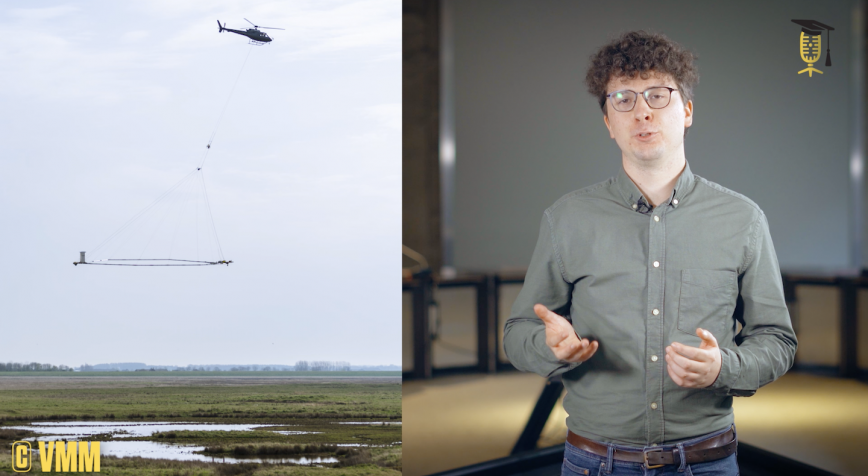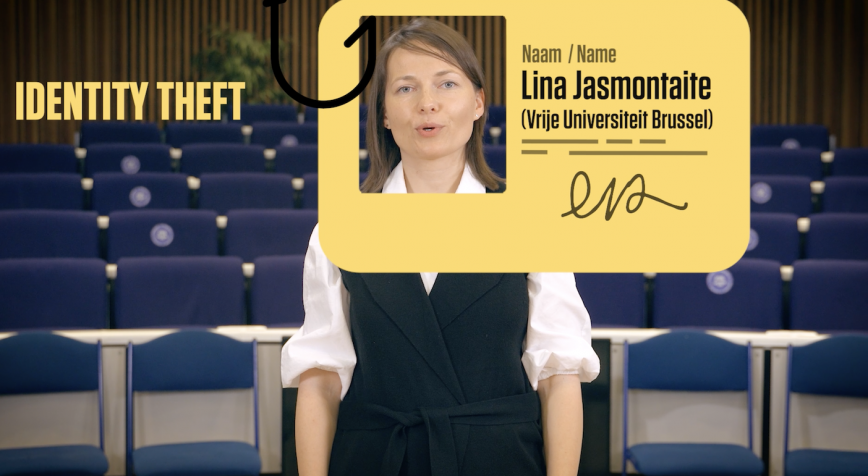
VUB
Empowering individuals by making personal data breaches transparent
A personal data breach is not to be taken lightly: it can lead to depression, divorce, and even death. Seems far-fetched? Not really, as the data breach of a Canadian adultery website showed in 2015. Lina Jasmontaite (VUB) researches how companies (should) handle data breaches in Europe, since the introduction of the General Data Protection Regulation (GDPR).
